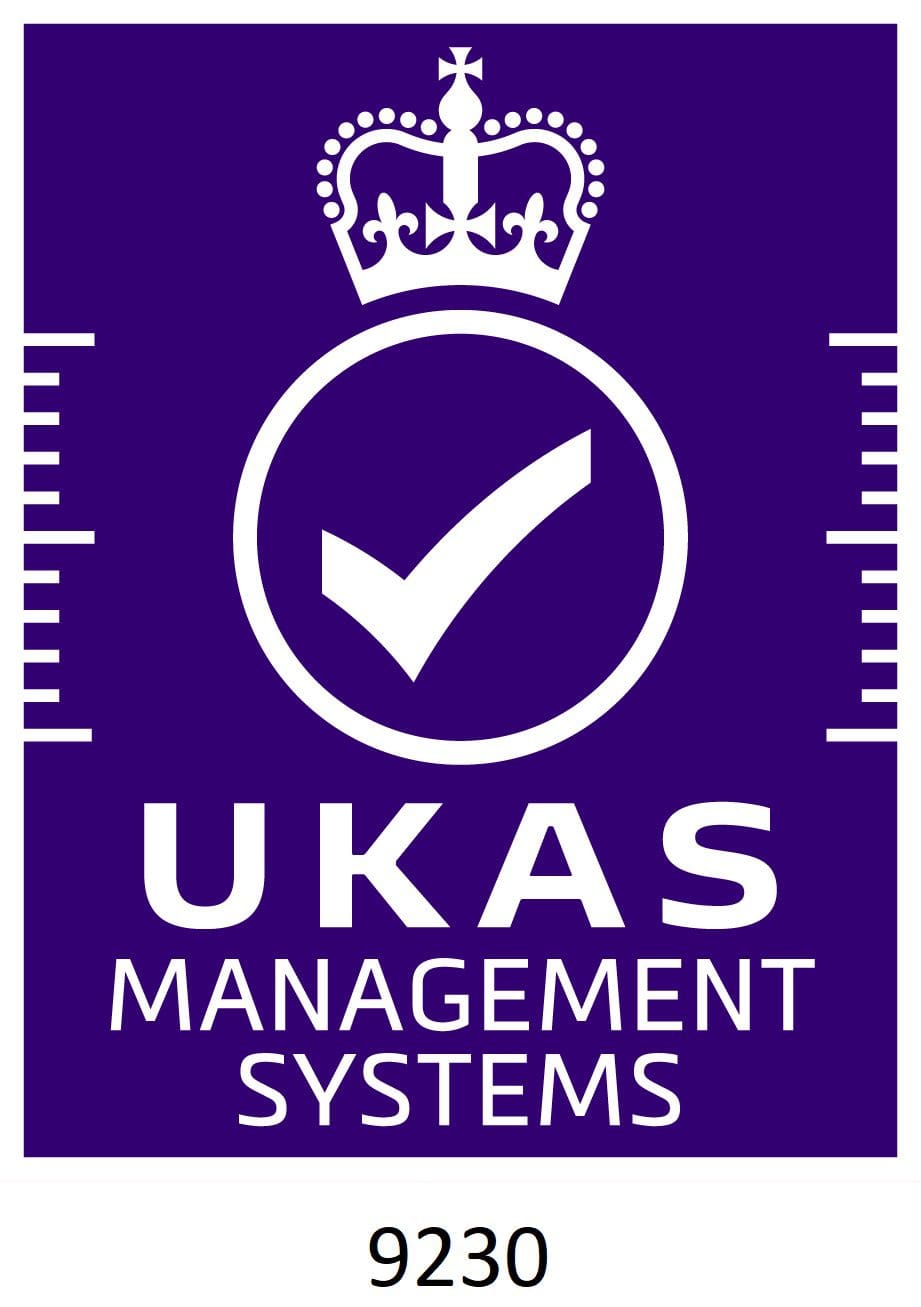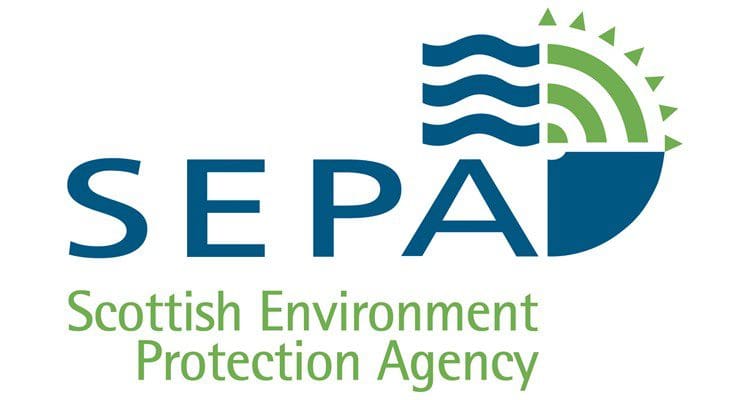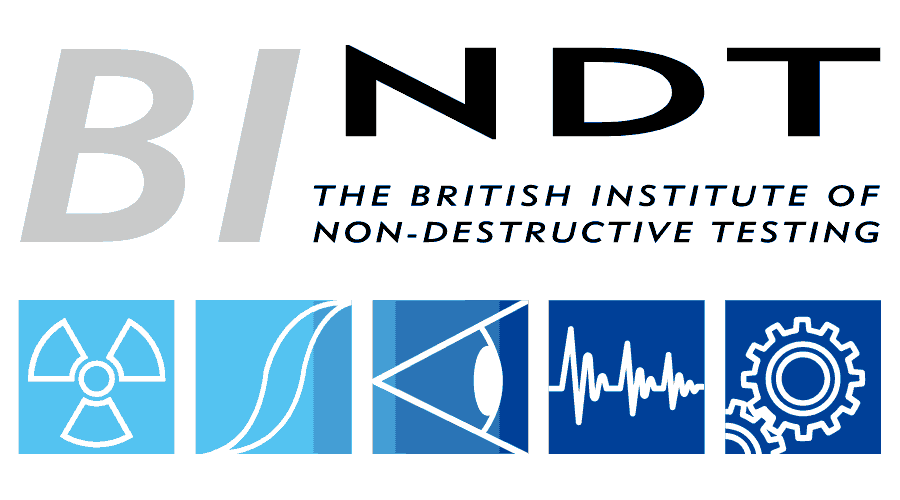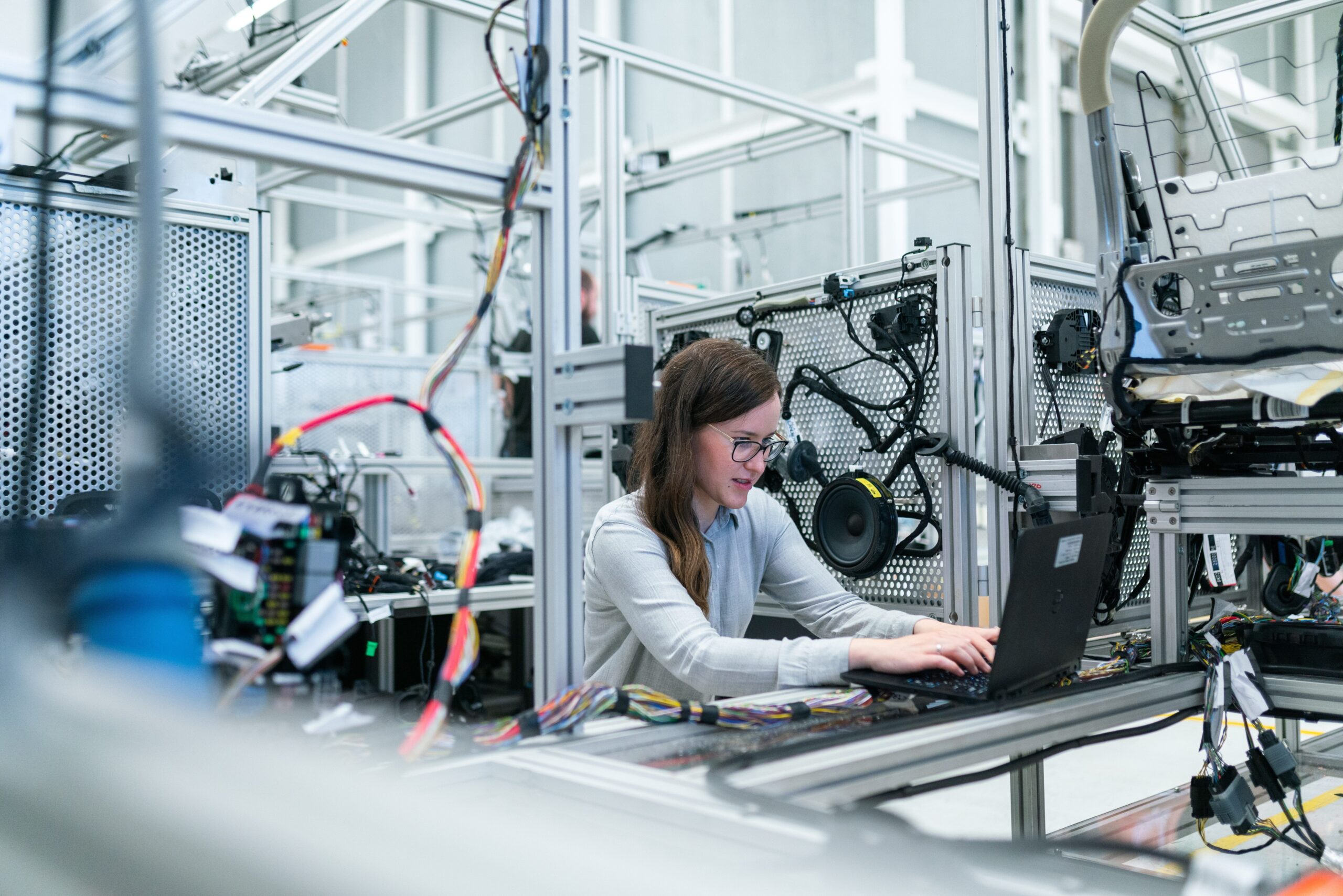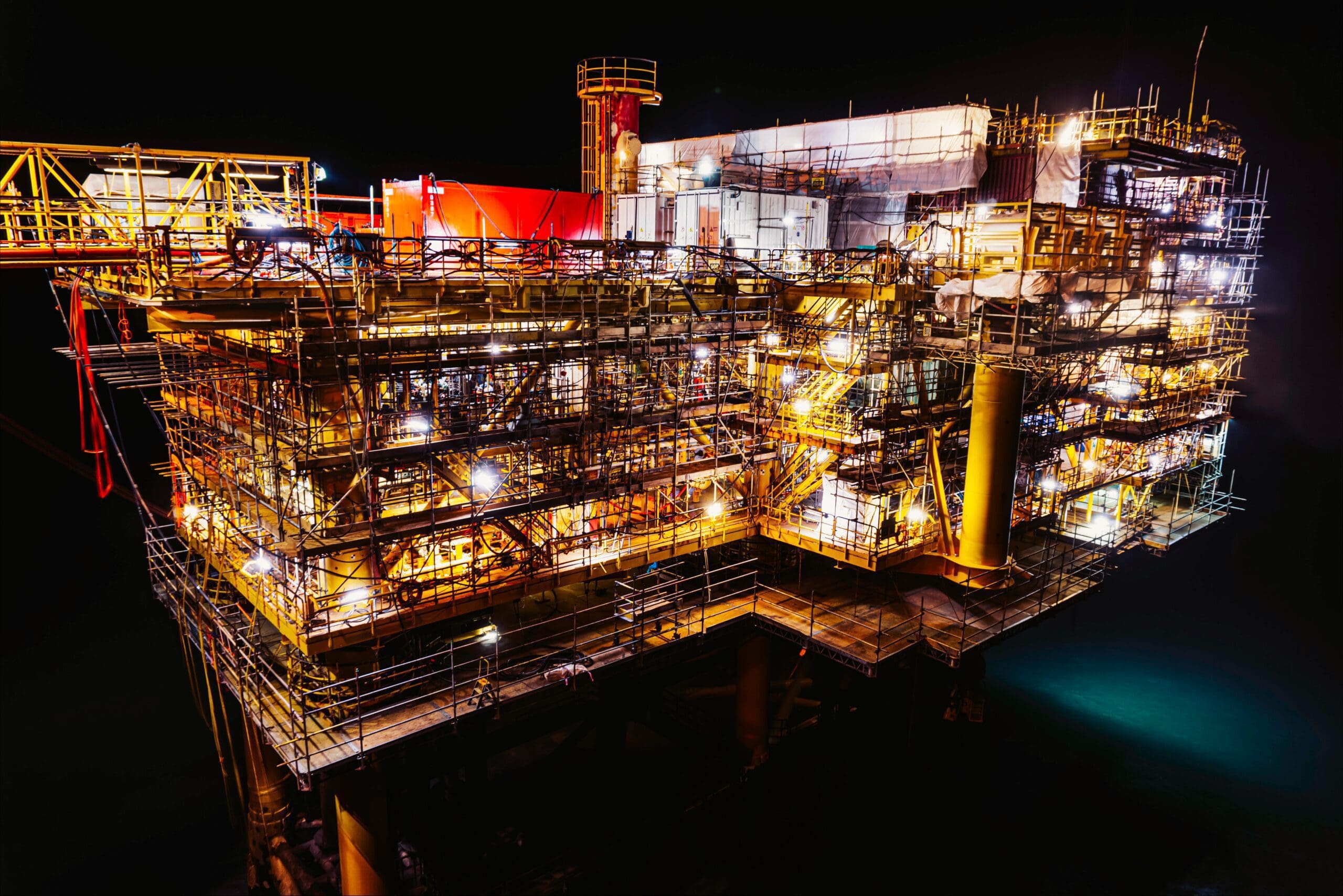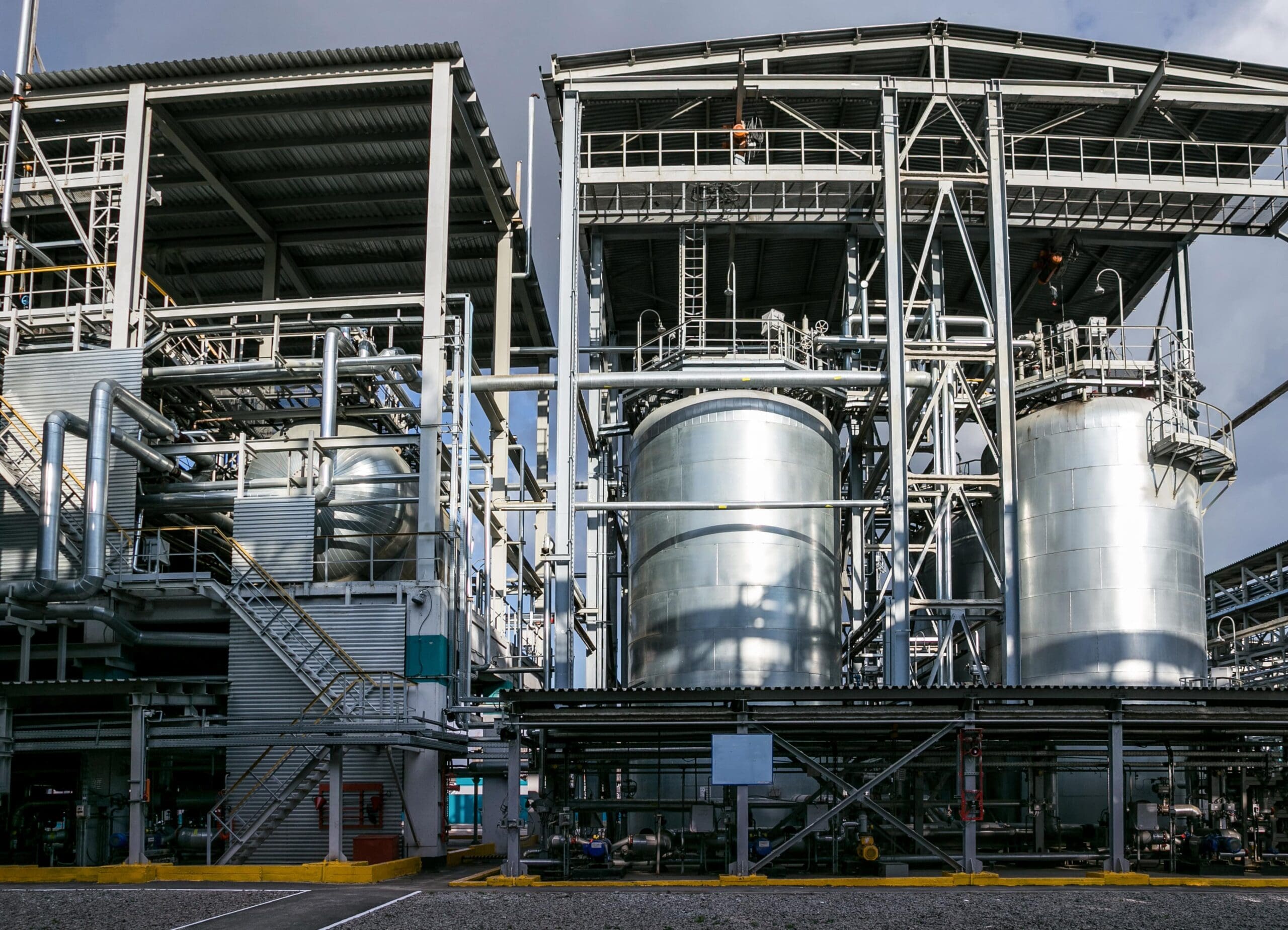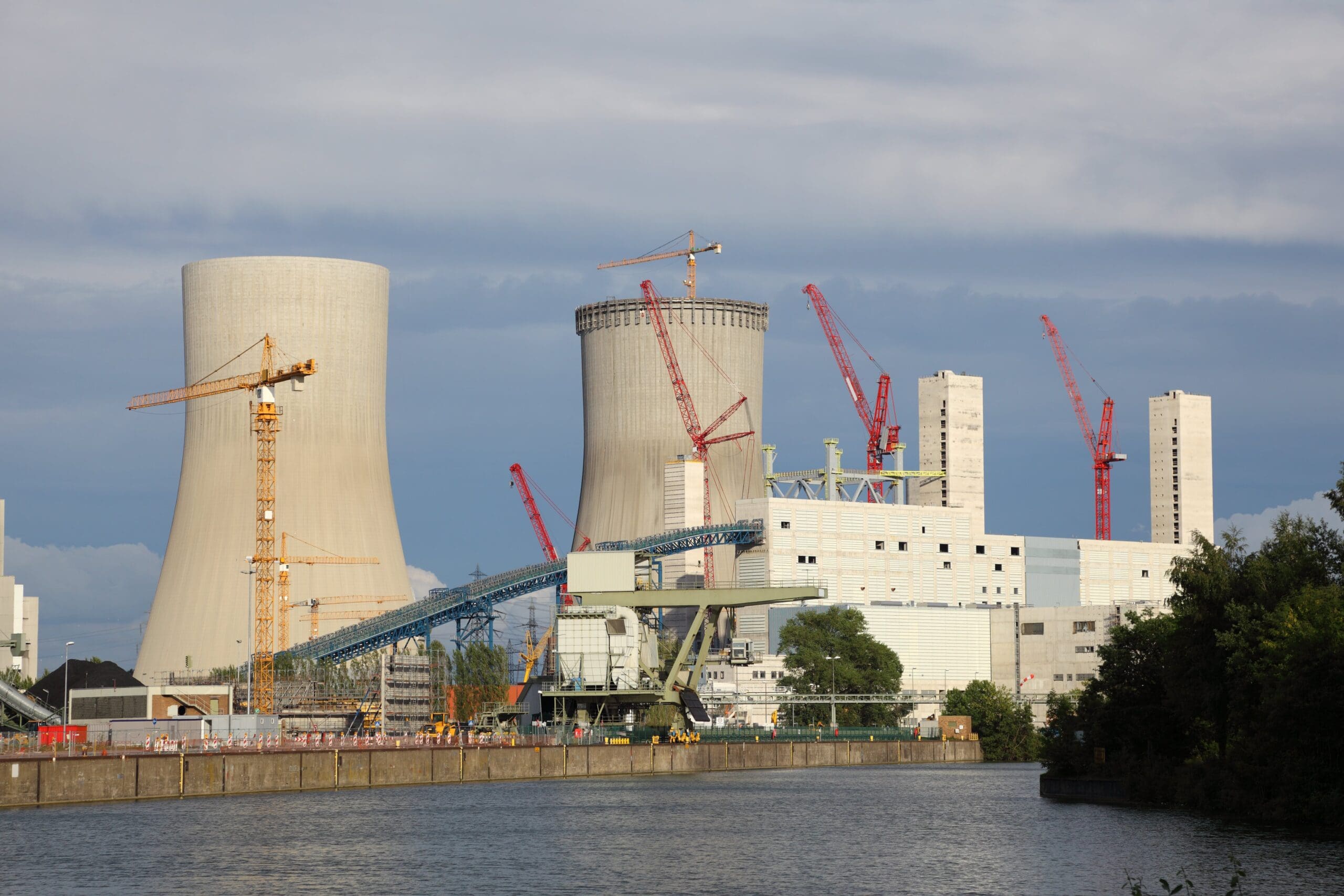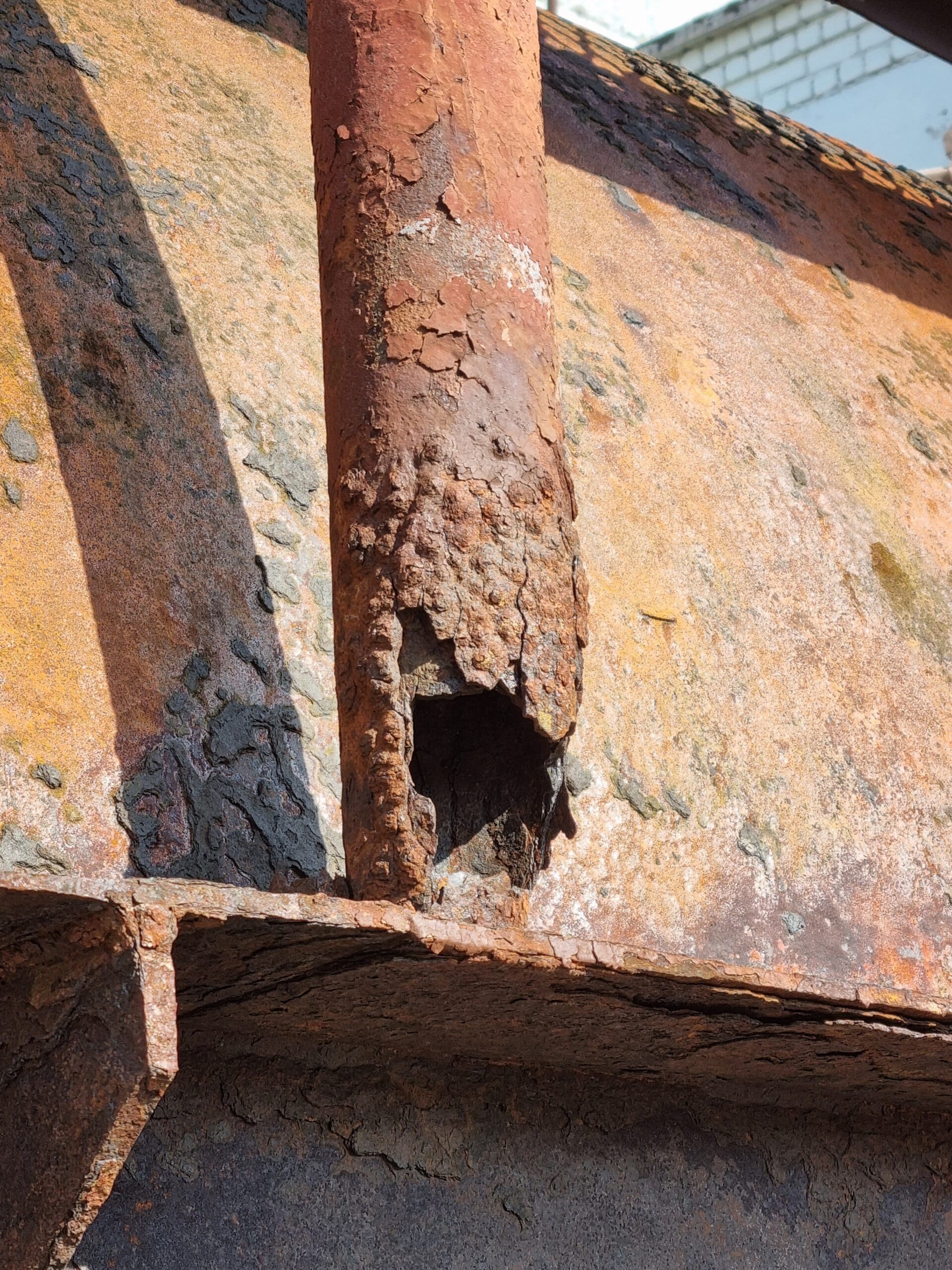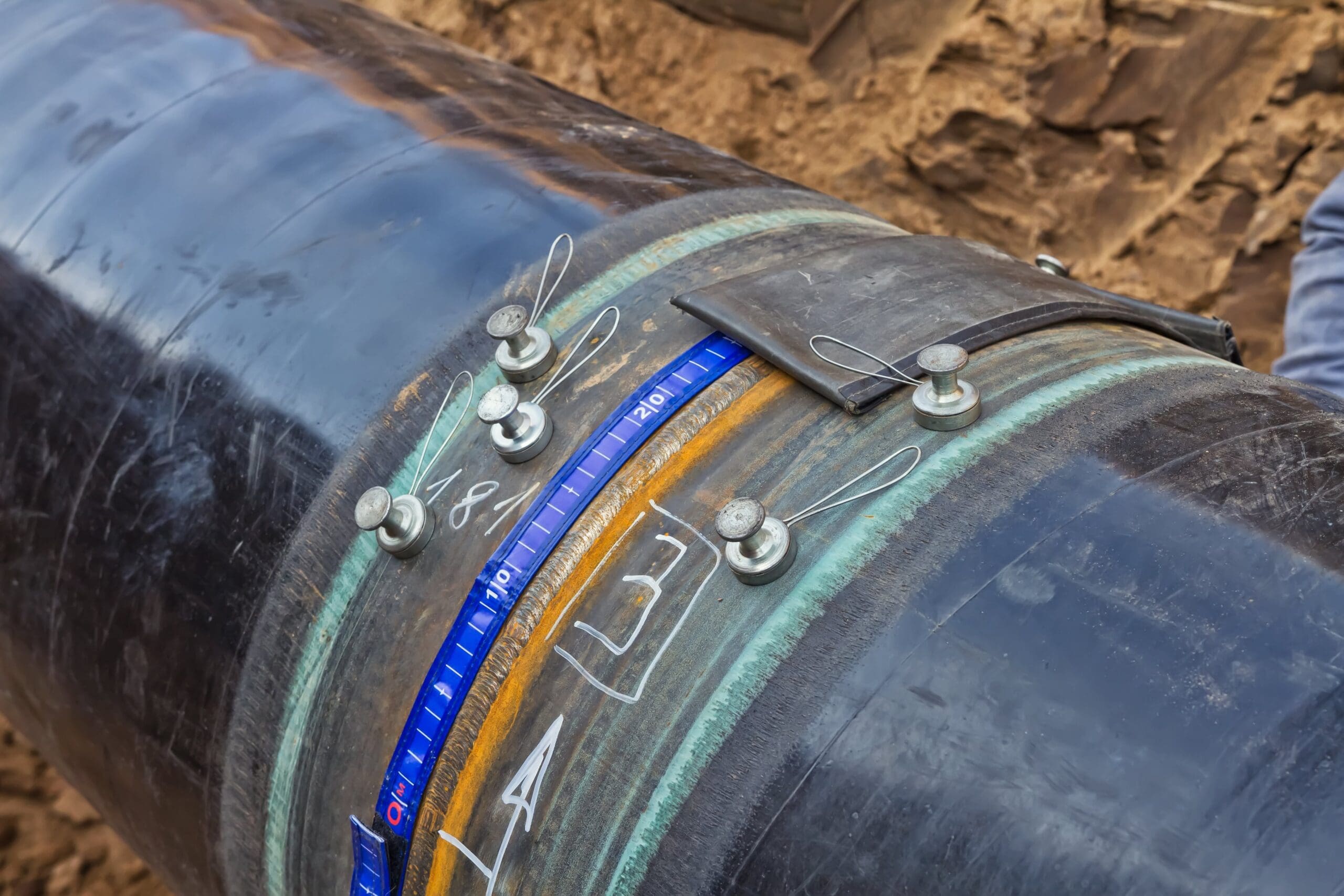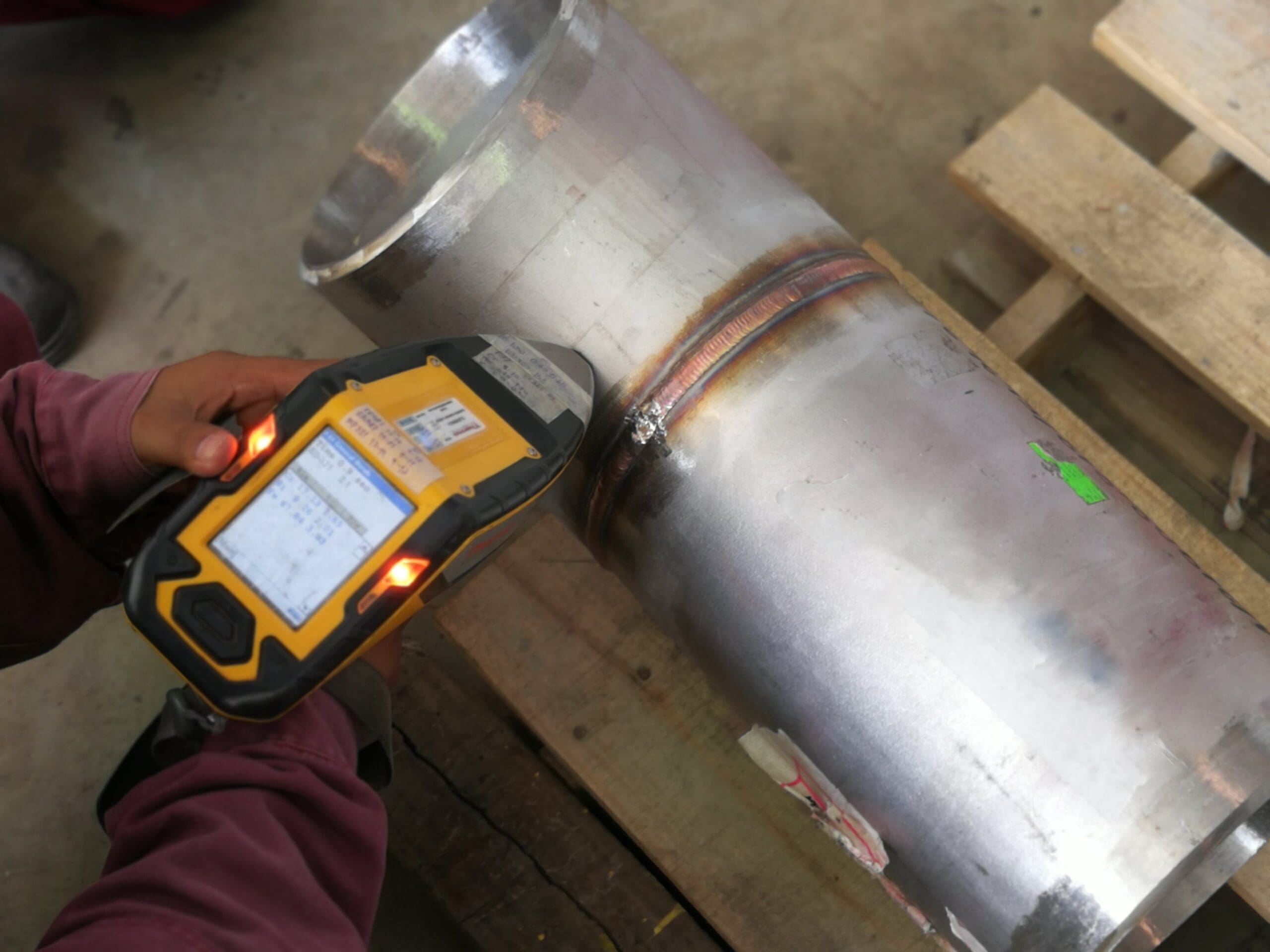Non-Destructive Testing
Magnetic Particle Inspection
MPI Magnetic Particle Inspection is a fast and efficient test method that identifies surface or near-surface defects in carbon steel and ferromagnetic materials.
Explore how we work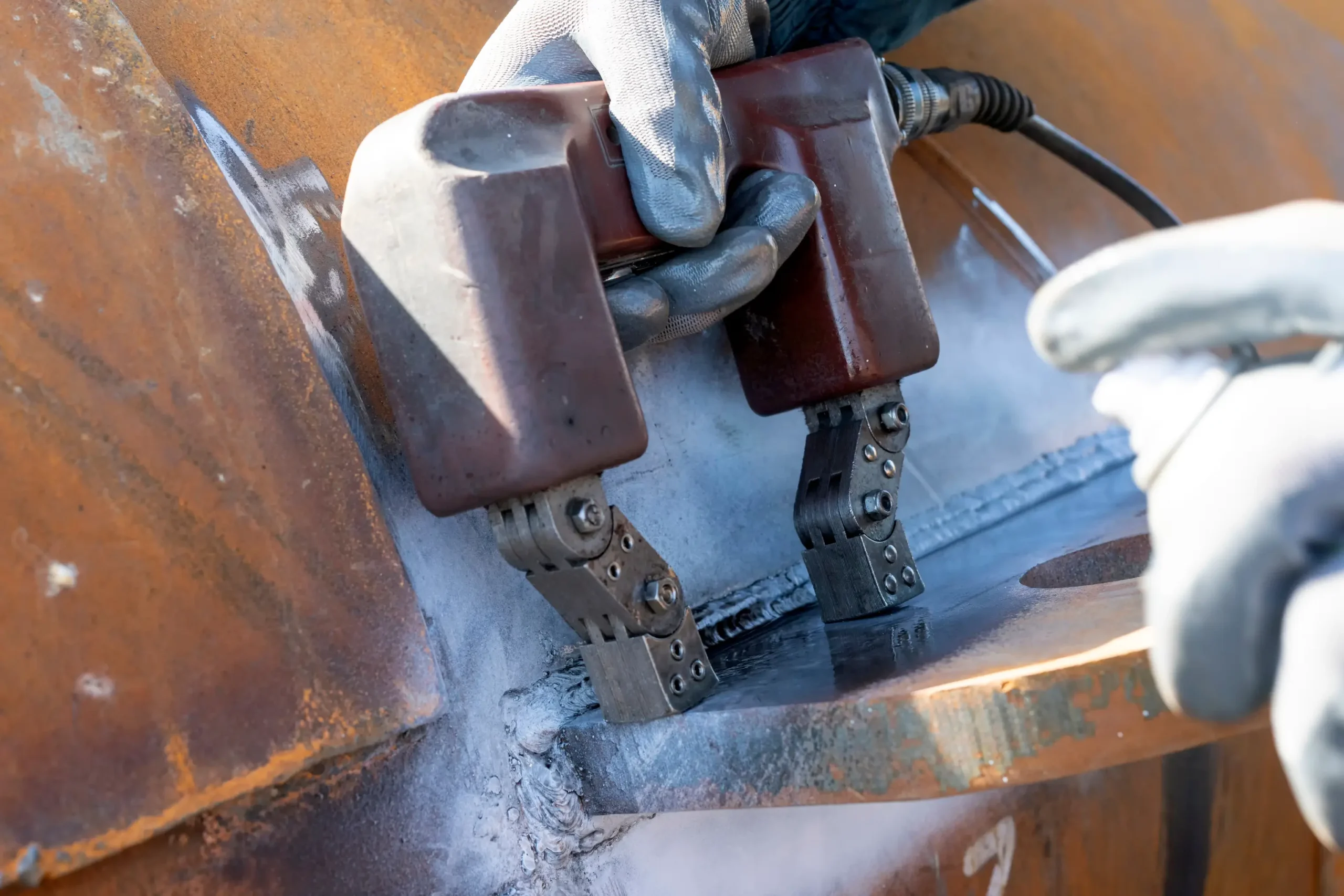
Interested? Let’s talk.
Send us an enquiry
What is Magnetic Particle Inspection?
A Magnetic Particle Inspection test uses magnetic fields to reveal surface or near-surface flaws and helps to evaluate the integrity of assets made from magnetic materials.
An MPI test can help to identify potential issues and discontinuities within carbon steels or ferromagnetic materials, such as cracks, laminations, porosity, and fatigue or stress-related fractures. This ensures early detection of defects, enhancing safety and reliability.
Magnetic Particle Inspection is primarily used to detect issues in welds, castings, forgings, or for boiler and pressure vessel inspections to assess the integrity of piping.
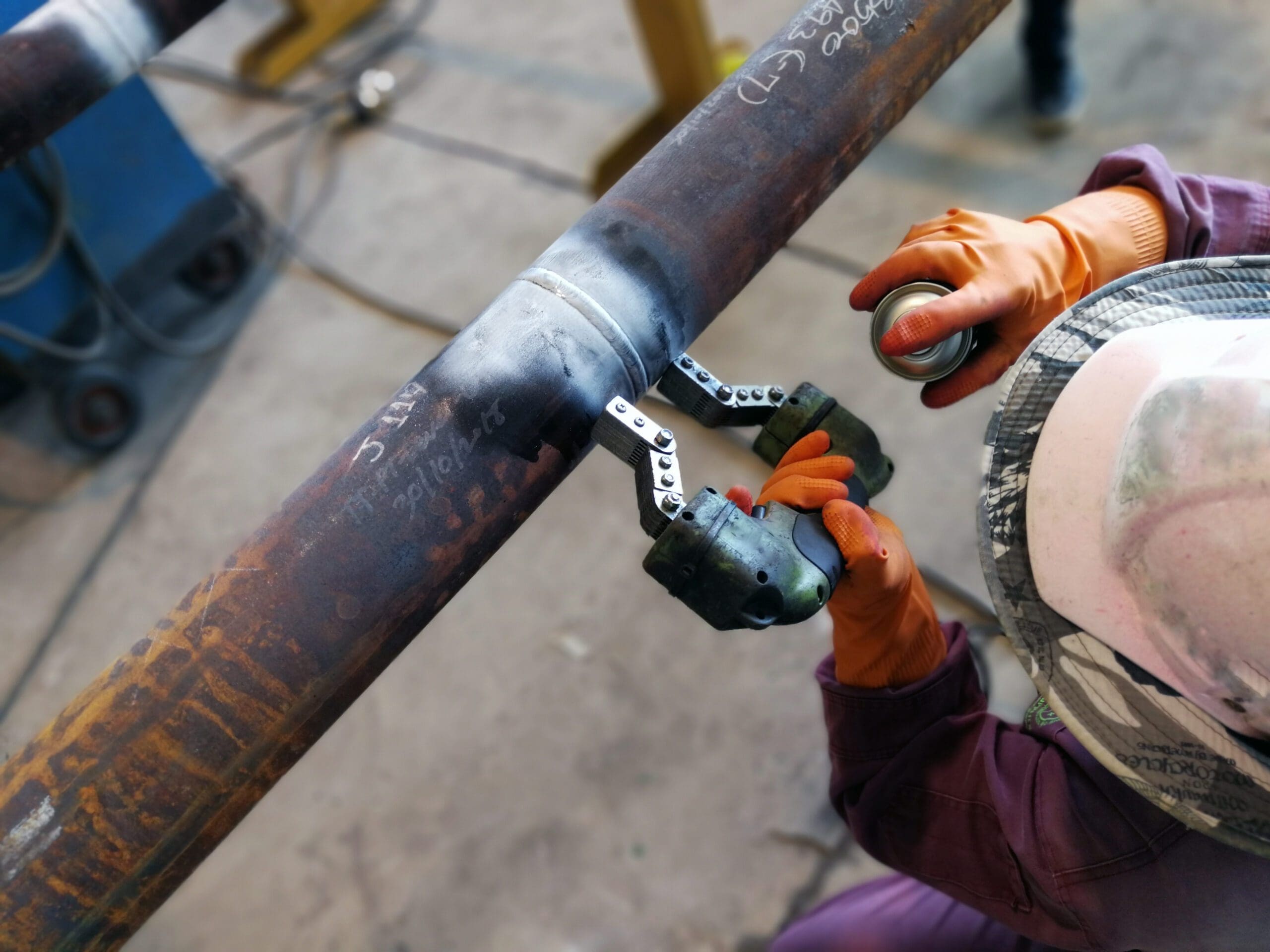
Who we've partnered with...





Key benefits of Magnetic Particle Inspections
High sensitivity
Detect hidden flaws and defects that are not easily visible, ensuring early identification and prevention of potential issues.
Quality control
Ensure quality assurance by detecting surface and near-surface flaws, maintaining high standards and preventing defects that compromise safety.
Portable testing
Apply MPI Testing across various ferromagnetic materials and a wide range of assets, including larger assets like boilers and pressure vessels.
Cost-effective
Maximise your budget with MPI Testing, allowing multiple items to be tested, making it ideal for large-scale, on-site inspections.
Let's talk about Magnetic Particle Inspection
Send one of the team a message
Not seeing what you expected?
Try using our search
Explore what our clients say


How we’ll work with you
Our experts work with you to decide on the most suitable testing methods for your industry and material requirements. We understand that different applications demand unique solutions, and we collaborate closely with you to ensure that you receive the most accurate and effective non-destructive testing Magnetic Particle Inspection (MPI) services for your specific needs.
Flexible on-site and laboratory services.
Our versatile Magnetic Particle Inspection services can be conducted on-site at your facility or within our independent laboratories, providing you with flexibility. Whether you need immediate inspections at your location or prefer the convenience of sending components to our lab, we are equipped to handle both scenarios with precision and care.
Comprehensive reporting.
After MPI Testing, you’ll receive a comprehensive PDF report detailing the results, including any identified faults and the areas inspected. This report provides a clear overview of the inspection process, offering insights into the integrity of your materials and highlighting any potential issues that need attention. With our thorough reporting, you can confidently address any defects and ensure the safety and reliability of your components.

Types of Magnetic Particle Inspection
We offer two types of Magnetic Particle Inspection to help identify surface defects in ferromagnetic materials in all shapes and sizes.
Wet Visible Inspection
This method employs water-based white contrast paint to help identify flaws. After spraying magnetic ink onto the metal surface, particles gather in any flawed areas. All undisturbed regions remain unchanged. This approach is ideal for inspecting larger surface areas, providing clear visibility of potential defects.
Fluorescent Magnetic Particle Inspections / Blacklight MPI
Using UV blacklight torches, this method offers heightened sensitivity and the ability to detect superfine particles. The UV light is particularly valuable for critical components with fine threads, uncovering issues that might be difficult to detect during a simple visual check.
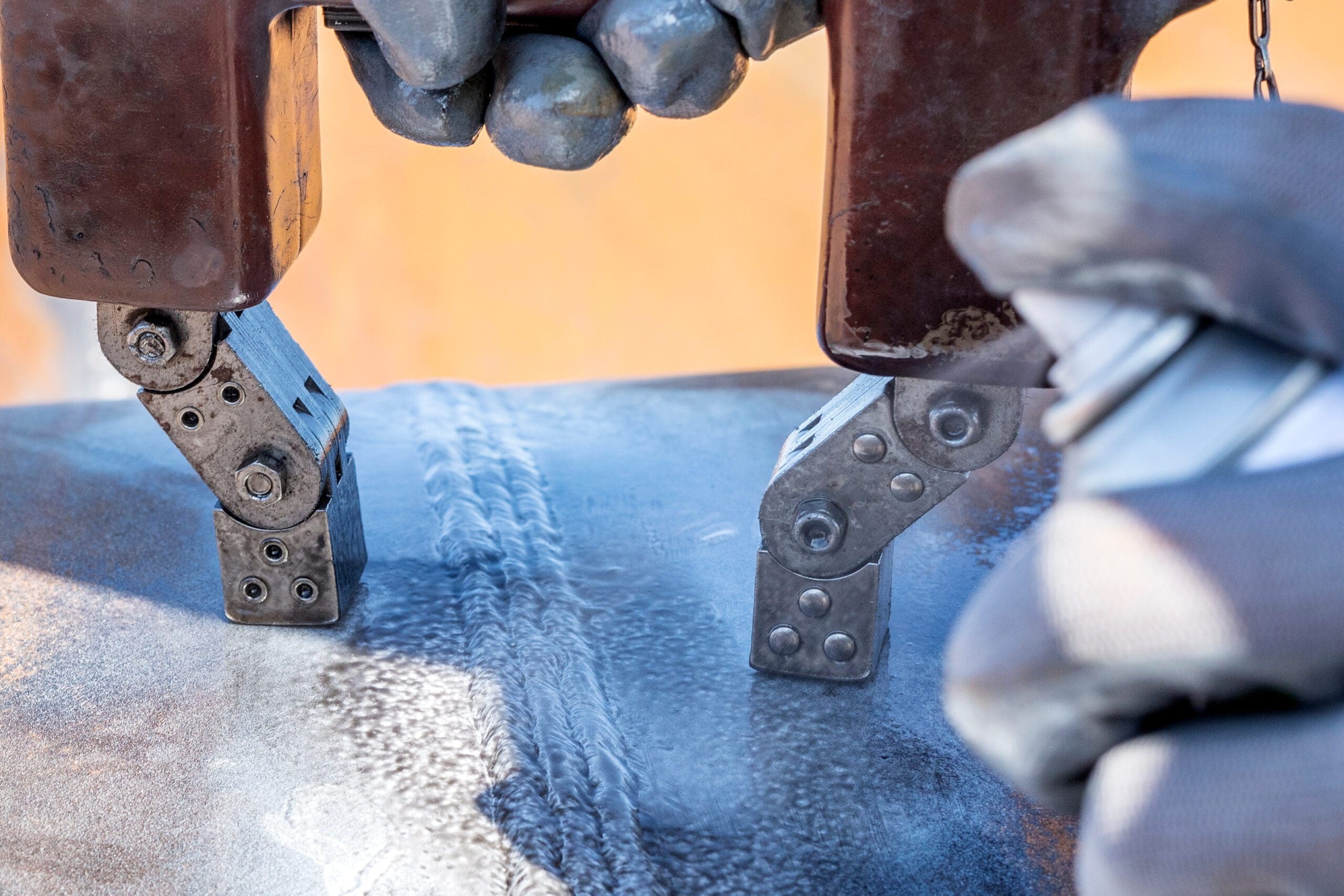
Our Magnetic Particle Inspection method
Speak to us about the processMPI Testing preserves the integrity of carbon steel and ferromagnetic materials while accurately detecting flaws. Our process ensures a thorough inspection, identifying even the smallest defects to keep your equipment safe and reliable.


Let’s talk. Ask us anything.
Send one of the team a message
Why choose BES Group?

800+ expert engineers
Our team of skilled engineers possesses a wealth of expertise.
A legacy of 160+ years of experience
We’re always evolving our approach to future proof our services.

35,000 satisfied customers
A strong reputation for providing exceptional service.
Frequently asked questions
What are the advantages of Magnetic Particle Testing NDT?
- Cost-effective: MPI Testing is an affordable NDT method, ideal for large-scale assessments.
- Quick results: Inspections can be conducted on-site, providing immediate feedback on the integrity of materials.
- Surface detection: Effectively identifies surface and near-surface flaws, ensuring product quality and safety.
What are the disadvantages of Magnetic Particle Testing?
- Limited to ferromagnetic materials: Magnetic Particle Inspection can only be applied to magnetic materials, excluding non-ferrous metals.
- Surface-level focus: It can’t detect subsurface defects, so you may need additional testing methods for additional insights.
What can Magnetic Particle Inspection be applied to?
Magnetic Particle Testing is suitable for a wide range of ferromagnetic materials that require inspection of surface and near-surface layers, including:
- Carbon steel components: Used in construction, machinery, and automotive parts.
- Welded joints: Critical in pipelines, pressure vessels, and structural assemblies.
- Castings: Including those used in industrial equipment and machinery.
- Forged parts: Such as crankshafts, gears, and other high-stress applications.
- Piping systems: Ensuring the integrity of critical transport lines in various industries.
- Pressure vessels: Used in oil and gas, chemical processing, and power generation.
What’s the difference between Magnetic Particle Inspection and Radiography?
NDT Magnetic Particle Inspection and Radiography are both types of Non-Destructive Test methods. Magnetic Particle Inspection uses magnetic fields and iron particles to detect surface and near-surface flaws in ferromagnetic materials, such as steel and iron. It’s particularly effective for identifying cracks and discontinuities in welds and other critical components.
Radiography uses X-rays or gamma rays to create images of the internal structure of materials, allowing for the detection of both surface and subsurface defects. This method is suitable for various materials, including metals, plastics, and composites.
Learn more about our Radiography services.
What’s the difference between NDT and Magnetic Particle Inspection?
Non-Destructive Testing (NDT) uses techniques to check the quality and safety of materials without causing any damage. These methods help ensure that products are reliable and meet safety standards.
Magnetic Particle Inspection (MPI) is one specific type of NDT. It focuses on finding surface and near-surface flaws in ferromagnetic materials, such as carbon steel and stainless steel. Magnetic Particle Inspection uses magnetic fields and tiny iron particles to reveal any imperfections, making it especially useful for checking welds and critical components.
In essence, Magnetic Particle Inspection is a specialised technique within NDT that targets magnetic materials.
Which materials can be tested by Magnetic Particle Inspection?
Magnetic Particle Inspection (MPI) can be used on any metal that has magnetic properties. This includes several common materials, such as:
- Carbon steel: Often used in construction and manufacturing for its strength.
- Cast iron: Used in pipes and machine parts due to its high casting abilities.
- Alloy steel: Found in high-stress applications like aerospace and automotive parts.
- Wrought iron: Used in decorative items and structural components because of its strength and flexibility.
What industries use Magnetic Particle Inspection?
Magnetic Particle Inspection plays a crucial role in ensuring safety and reliability across various industries, such as:
- Oil and Gas
- Manufacturing
- Industrial
- Marine and Offshore
- Renewables
- Power Generation
- Utilities
What other tests do you offer?
We offer a variety of inspection and testing methods to help provide a comprehensive understanding of your assets integrity, such as:
You can also explore our various Destructive Testing methods to assess mechanical properties of your materials.
Let's talk about Magnetic Particle Inspection
Send one of the team a message
Sectors we service
Dive into the diverse landscapes where BES Group sparks innovation and drives impact.


Let’s talk. Ask us anything.
Send one of the team a message
Insights & news
Browse our latest articles
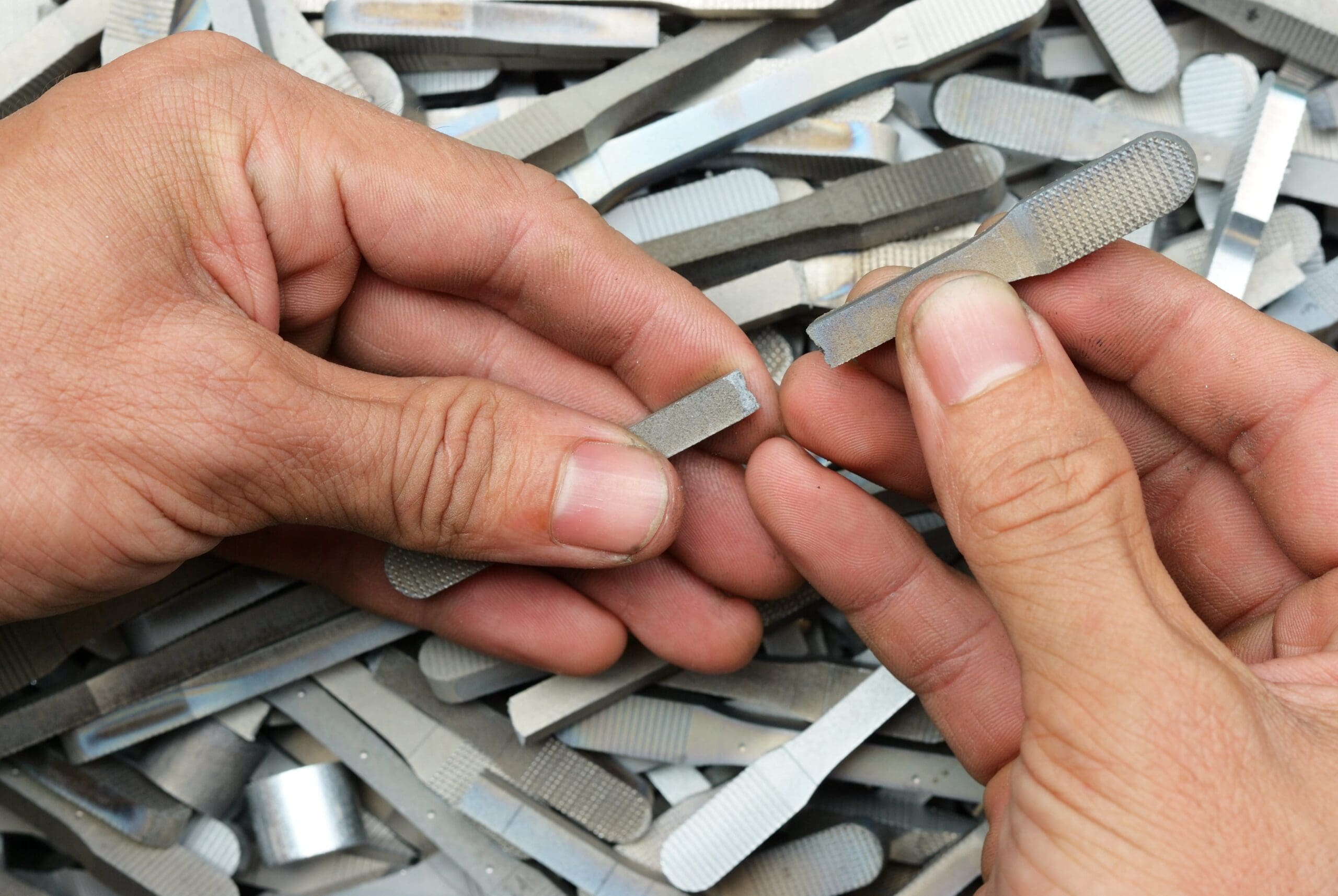
A Guide to Young’s Modulus and Material Stiffness
Testing
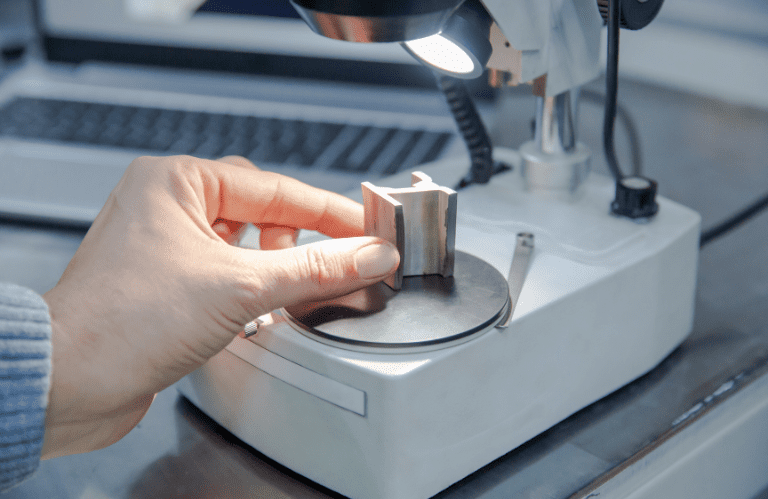
A complete guide to Metal Failure Modes and Analysis
Testing

How combining NDT Methods ensures comprehensive asset protection
Testing

Factory Shutdowns: How to Manage Your Maintenance Operations Efficiently
Asset Reliability Electrical Inspection Testing
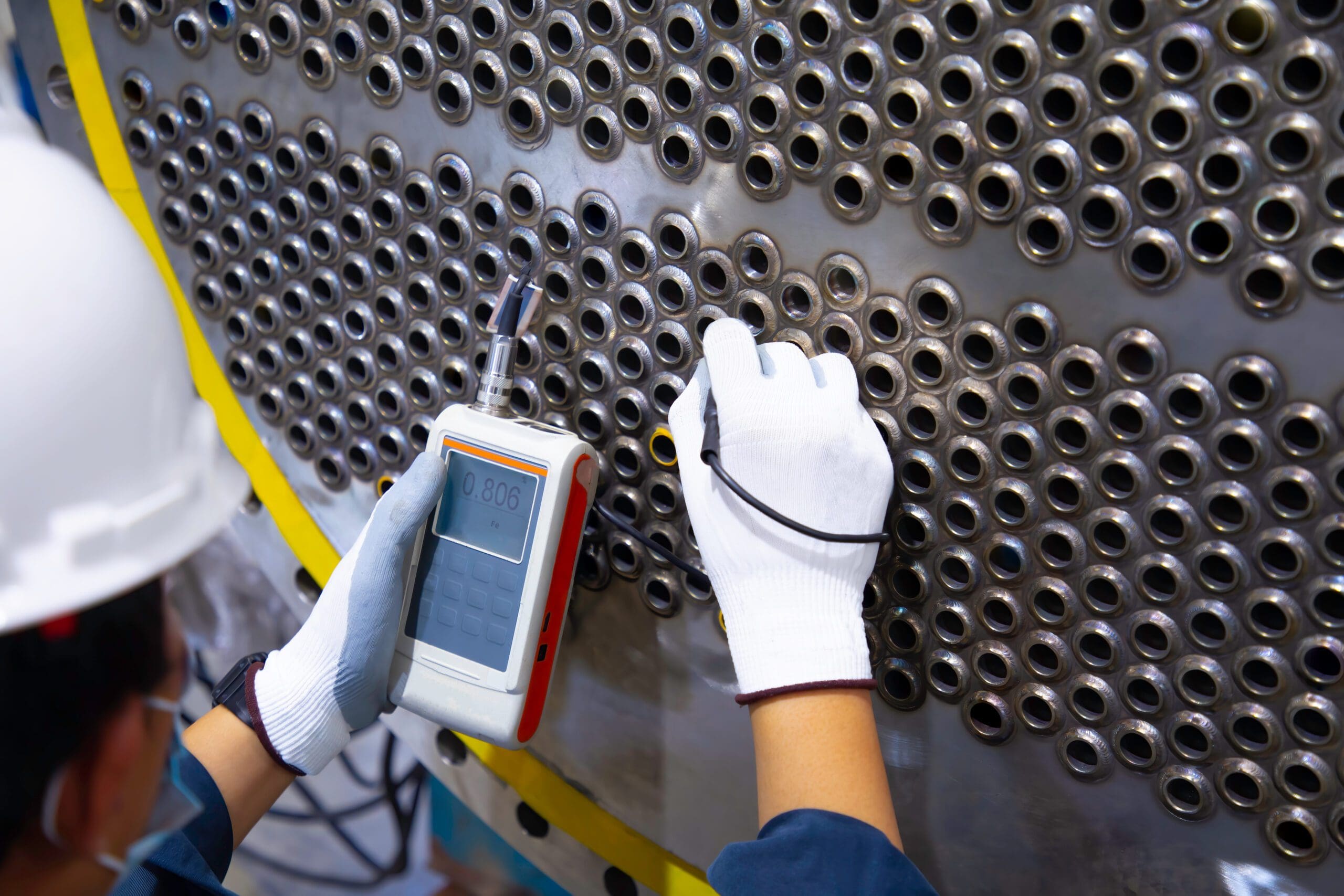
What Are the Different Methods of NDT Testing?
Testing
Other similar services...
Looking for something else? Explore similar services...
Let’s get you to the right person, fast.
Thank you, enquiry submitted!
Please check your inbox. We have sent you an email receipt of your enquiry.
We treat every enquiry with the upmost urgency. We’ll aim to get in touch with the relevant BES Group specialist and get back to you as soon as possible*.
Thank you again and have a great day.
 About BES Group
About BES Group Accreditations & Credentials
Accreditations & Credentials Our Environmental, Social & Governance
Our Environmental, Social & Governance Careers at BES Group
Careers at BES Group Our Senior Leadership Team
Our Senior Leadership Team
